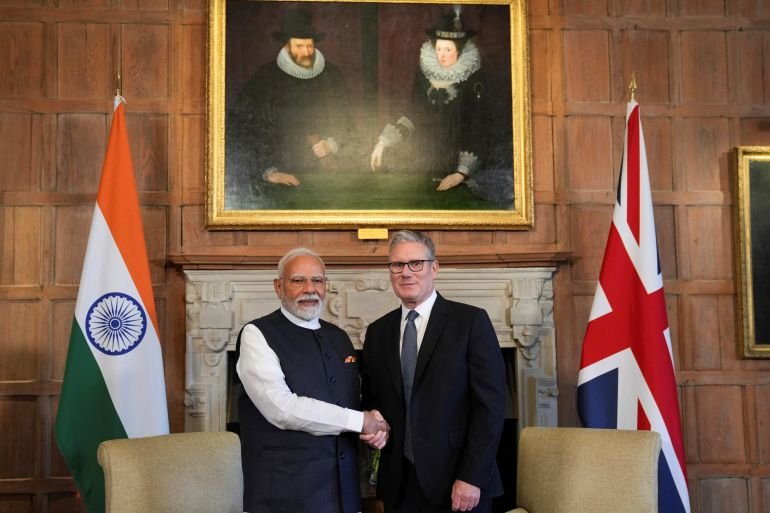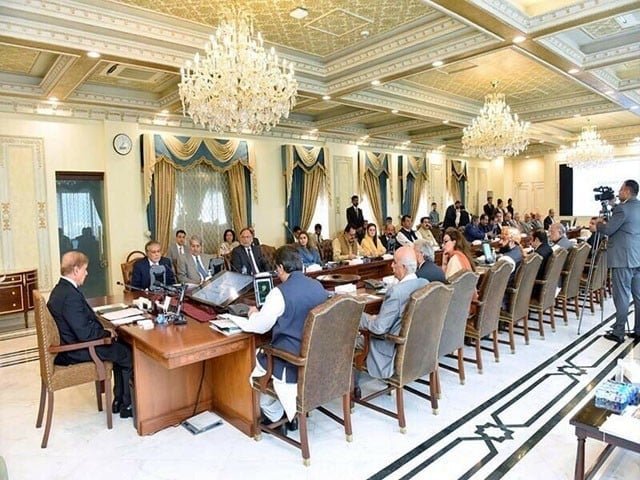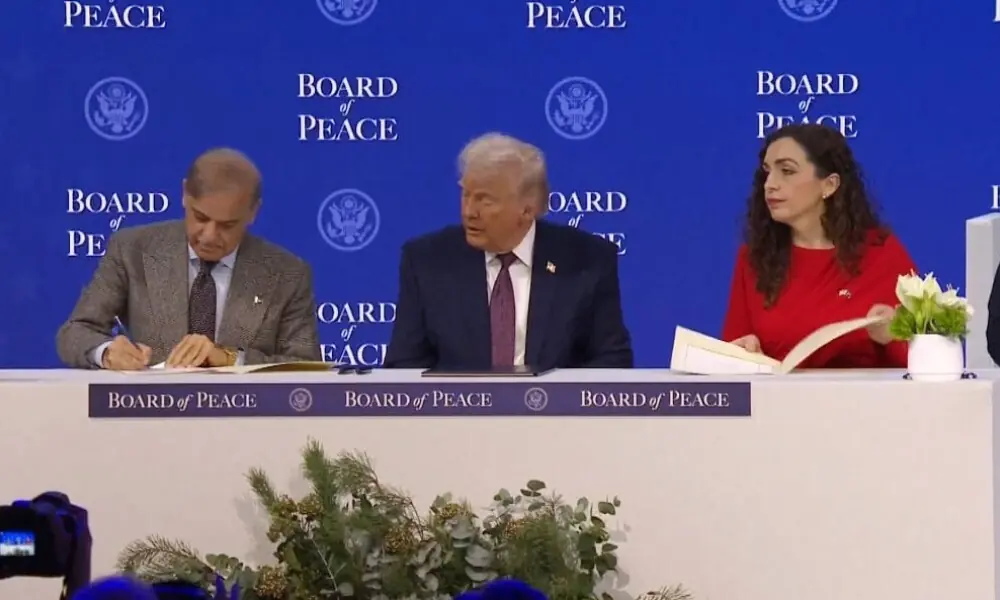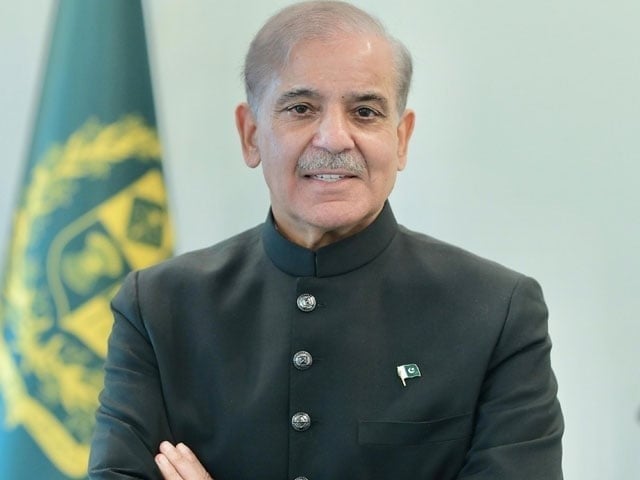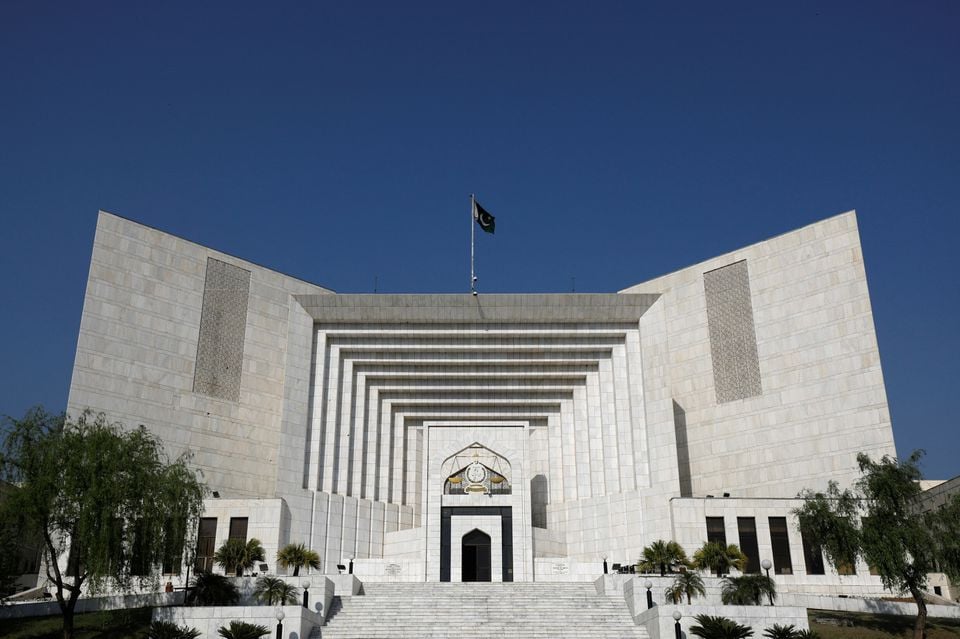The United Kingdom and India have finalized a landmark free trade agreement that will significantly reduce tariffs on key goods—ranging from textiles and cars to whisky and spices—while expanding market access for businesses in both nations. The deal, celebrated by UK Prime Minister Keir Starmer and Indian Prime Minister Narendra Modi at Chequers, marks the most ambitious trade accord the UK has secured since leaving the European Union.
Under the agreement, India’s average tariff on British products will drop from 15% to just 3%, while duties on whisky and gin will be halved and then further reduced over ten years. Automotive tariffs will fall from over 100% to 10% under a set quota, and 99% of Indian exports—including clothing, shoes, and food—will face no import duty in the UK.
Starmer called the deal a “landmark moment” for both countries, emphasizing that it builds on the deep historical, cultural, and economic ties between the UK and India. Modi described the pact as a “blueprint for shared prosperity,” highlighting its potential to serve as a model for future trade deals with the EU and other regions.
The UK government estimates the agreement will boost bilateral trade by £25.5 billion ($34.4 billion) and eventually add £4.8 billion ($6.5 billion) annually to the UK economy. The countries also announced nearly £6 billion ($8 billion) in additional trade and investment deals in areas like AI, aerospace, and dairy, and pledged closer collaboration in defense, migration, climate, and health.
The UK and India are among the world’s largest economies, with a trading relationship worth around £41 billion ($55.3 billion) and supporting over 600,000 jobs. The deal still requires ratification by the UK Parliament.
During Modi’s two-day UK visit, the leaders also discussed cooperation following the recent Air India tragedy and reaffirmed their commitment to strengthen long-term strategic ties.



